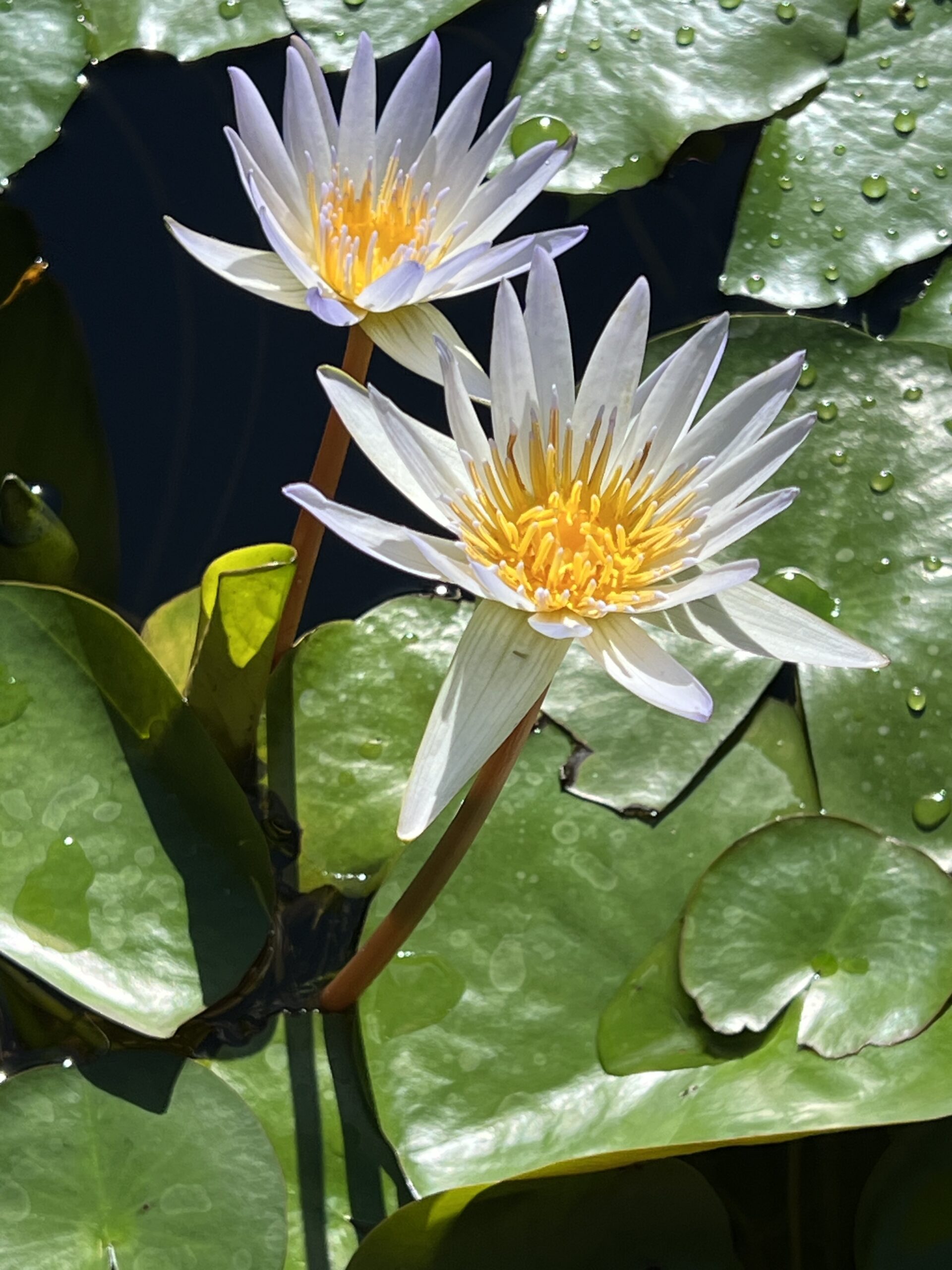THE PATH
“We must keep growing or, as Jung suggested, we risk becoming caricatures of ourselves.” (Hillevi Ruumet, Pathways of the Soul)
Though I would rather not dwell on this topic, or rather, not on the quote that has been haunting me all week, there is something about its emphasis on the imperative to grow that resonates with my own dedication to the evolution of consciousness, the value of which I sometimes need to prove to myself, just as I need to prove that there’s value in other things, such as blogging, regular exercise and physiotherapy, that a part of me is averse to doing, despite knowing they’re “good for me”. So, in spite of my inner saboteur, onforth I go.
To begin to flush out this topic I investigate the psychospiritual journey from Jung’s point of view. Jung used the term caricature to describe how humans are destined either to follow a progression of psychological and spiritual growth or risk becoming a parody, or caricature of themselves, in which the tasks and achievements of an earlier stage of development become laughable at a later stage. We have seen and heard caricatures of the midlife crisis, in which a man might be said to compensate for a sense of fading masculinity by seeking “fast cars and loose women”. In females the caricature can be observed more literally in the “duck lips” that bely a futile desire to preserve eternal youth, but which only make them the subject of derision and ridicule.
Ruumet expands on her topic:
“There can be no happiness in staying at a stage we have outgrown, because a part of us always remembers what we were called to, and failed transitions can be tragic, even lethal. The depression that accompanies such a failure in someone who has clearly heard the inner call to the next stage but refuses it (often for “sensible” reasons) can manifest across a whole range of psychopathology, have personal and career consequences, and cause “soul loss”.
Ruumet makes a compelling argument for individuals to follow what Swami Radha calls “cooperating with the evolution of consciousness”, but I’m inclined to believe that many of today’s global problems arise from a collective failure to heed this same call, and with equally dire consequences. Before she died of breast cancer in 1984, Rachel Carson, author of the seminal book Silent Spring that propelled the environment into a global concern, noted: “Man’s attitude toward nature is today critically important simply because we have now acquired a fateful power to alter and destroy nature. But man is a part of nature, and his war against nature is inevitably a war against himself. We in this generation, must come to terms with nature, and I think we’re challenged as mankind has never been challenged before to prove our maturity and our mastery, not of nature, but of ourselves.”
This tells me, on Earth Day 2024, that the future of our planet depends on the emergence of a critical mass of people who recognize the interconnectedness of everything, and who are determined to first do their inner work. Carson’s work is a call to arms as much as the familiar caricature of a top-hat-wearing bearded man with the caption “Uncle Sam wants you.” Though this poster was created at the time of World War I, it has been seeded in the consciousness of countless people who didn’t even exist at the time. In the same way, I think it’s essential that, as a favor to Mother Earth, we heed the call to do our inner work that was seeded in our consciousness before we were born. How you do that is up to you. I subscribe to the biblical “seek and you will find, ask and you will receive, knock and the way will be opened before you.”
Or as Jung would say: “Until you make the unconscious conscious, it will direct your life and you will call it fate.”
